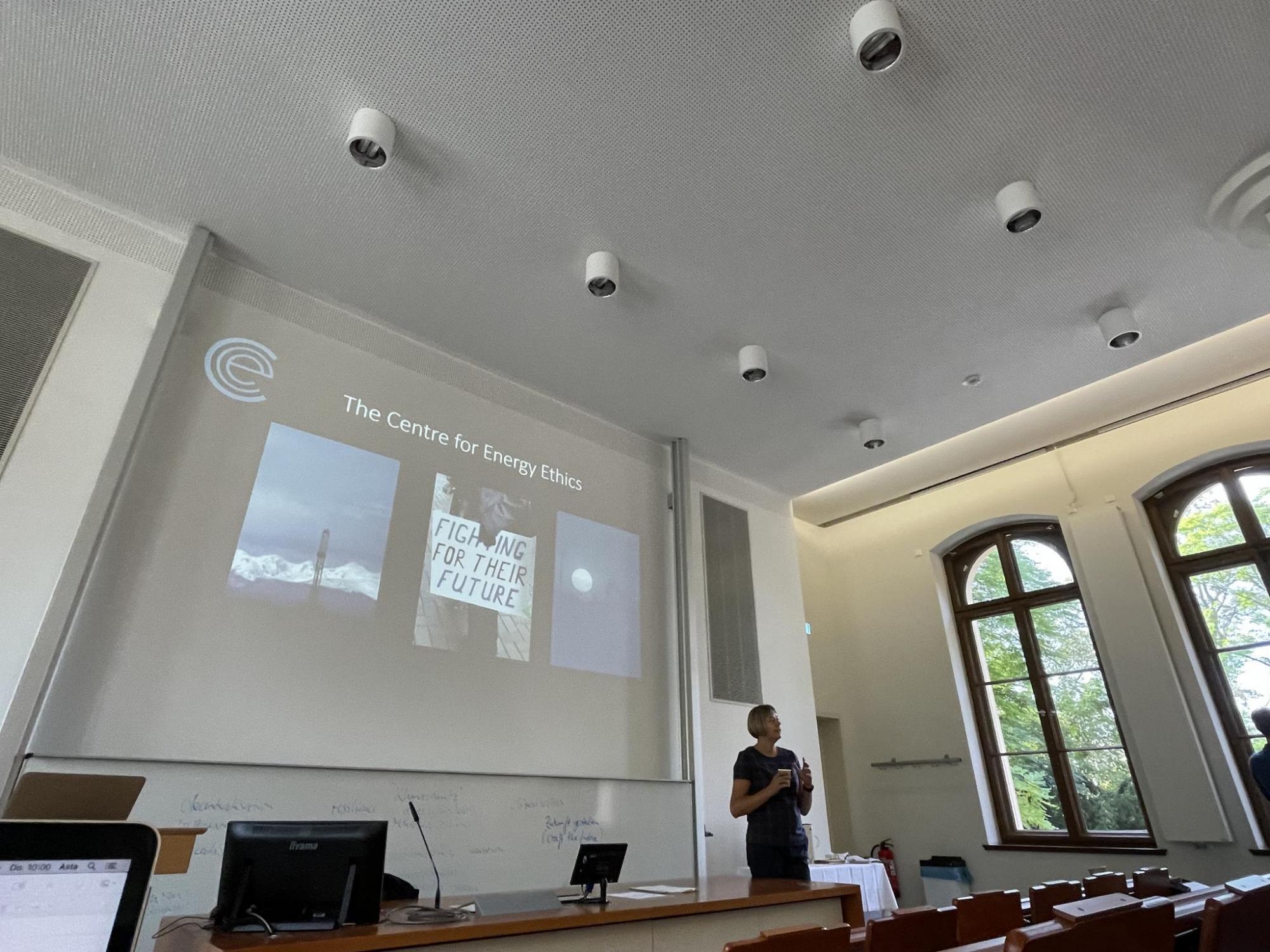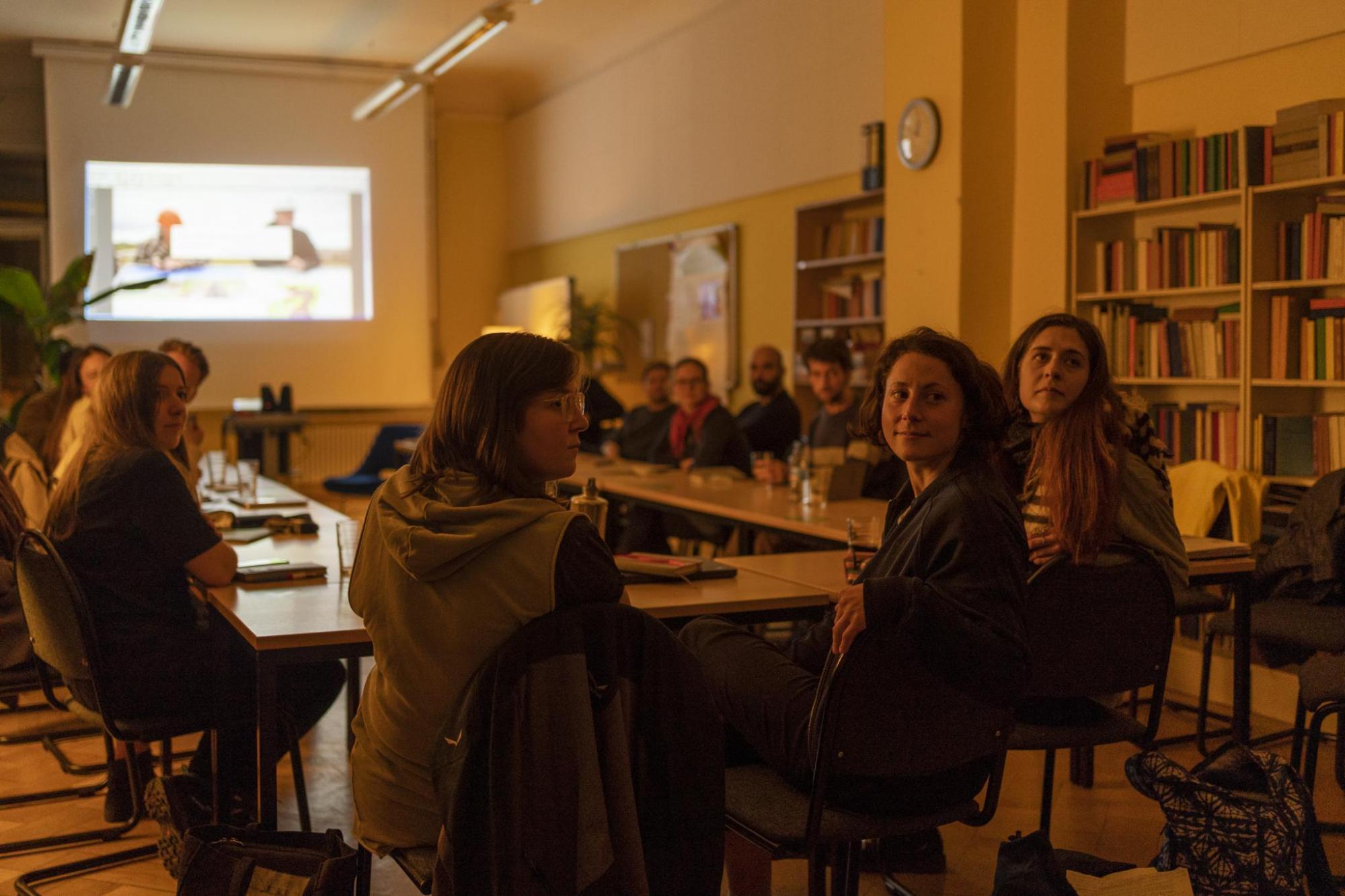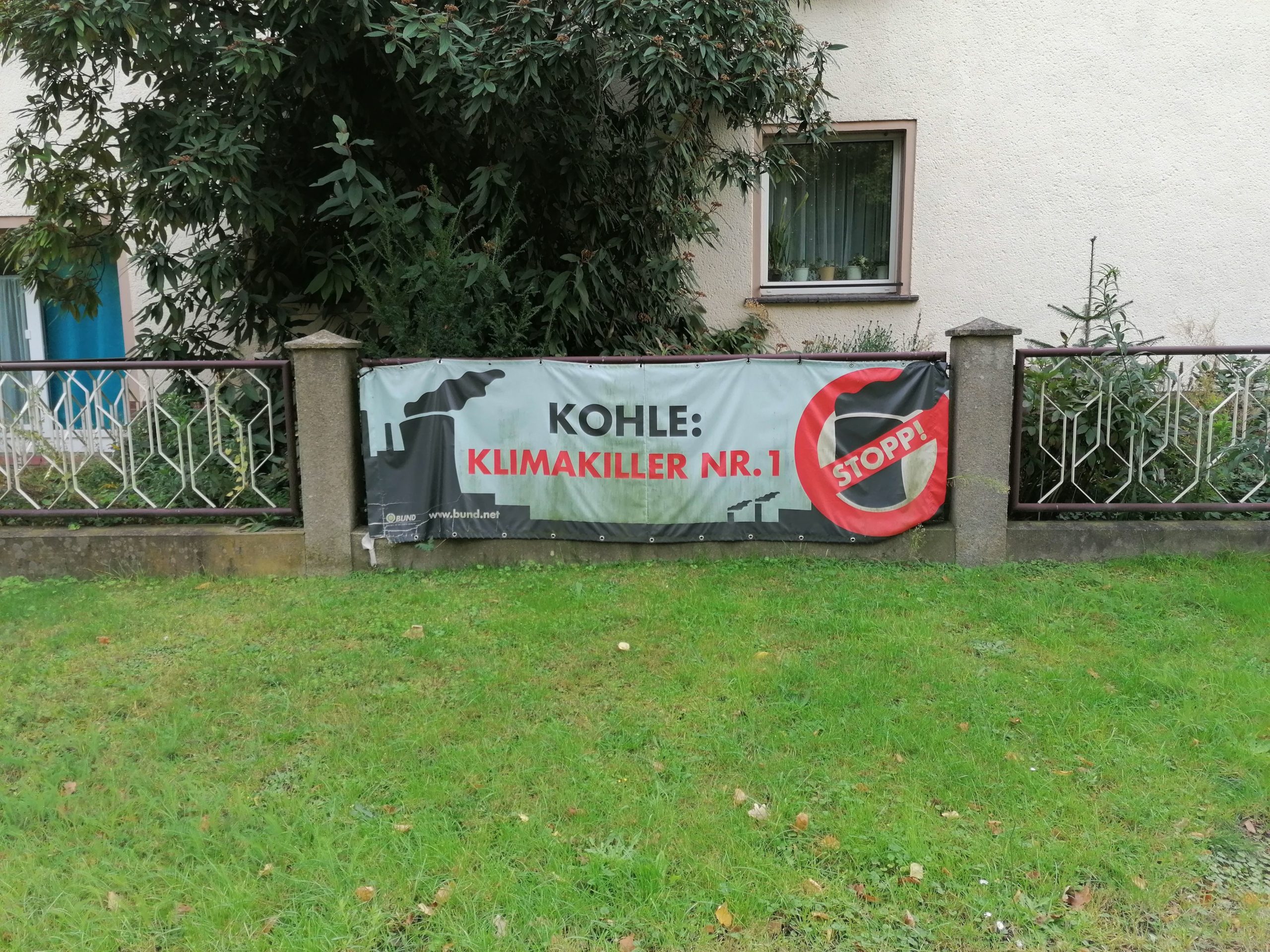Documentation
Energy Pasts, Energy Futures
This module looks at the intersection of different energy pasts and futures. The guiding question for all our conversations and explorations will be how people conceptualise their industrial energy pasts and negotiate ways forward. How do actors on the ground envision a future after oil and coal, and how do they time the transition towards it? Which factors matter in their negotiations and which dilemmas do their face in their way forward?



Interview with Felix Ringel (Assistant Professor, Durham University), by Florian Bortic
Whose Monsters? Post-Carbon Futures, Halle, September 2021
Eric Boyd
Looking back over my notes from the week at the Post-Carbon Futures Summer School hosted by the Institute for Social and Cultural Anthropology and the Centre of Interdisciplinary Regional Studies at Halle University it is difficult to imagine a more intensive week spent going beyond simple discussion of what a liveable future may look and feel like, and deep into an interrogation of just how such of future can be manifest from the multiple disciplines present among my colleagues. Indeed, our discussions often hinged on the relevance and input that such academic groundwork could have on determining such a future, how our work may extend beyond the mere representation of various case-studies into active roles within the communities of our informants and beyond to the political economy, like being caught in the middle of a perpetually moving möbius strip… (to read on please find the pdf below).

Mette High (Professor, Centre for Energy Ethics, St Andrews) (Photo: Asta Vonderau)
Interview with Mette High (Professor, University of St Andrews), by Florian Bortic.
Interdisciplinary encounters and empirical insights: My key takeaways from the Summer School
Benedict Walker
As I have a background in economic geography and consider myself a political economist, the discussions with the participating anthropologists offered inspiring insights into alternative ways of doing research. From my perspective, the anthropological epistemology focuses on the micro-level of everyday practices and meaning. In this regard, the research goals and methods (participatory observation) of the anthropologists present at the Summer School differed from my own, more macro-oriented research goals and methods (expert interviews). Nevertheless, similarities with geography exist as well, as anthropological research, for example, highlights the importance of certain places for communities… (to read on please find the pdf below).
Reflections on the PCF-Summerschool
Guillaume Mulard
The summer school “Post-Carbon Futures. Cities, Industries and Energies in Central Europe” was an interesting experience for me. On one hand, it was very inspiring to see, all the participants being connected to each other thanks to their common interests in urban-industrial entanglements and energy transition, and, at the same time, still having differences resulting from the remarkable heterogeneity of the different backgrounds. Many of them grew up in profoundly different cultures, regions and thus got in touch with different knowledge or different theoretical and practical approaches… (to read on please find the pdf below).



